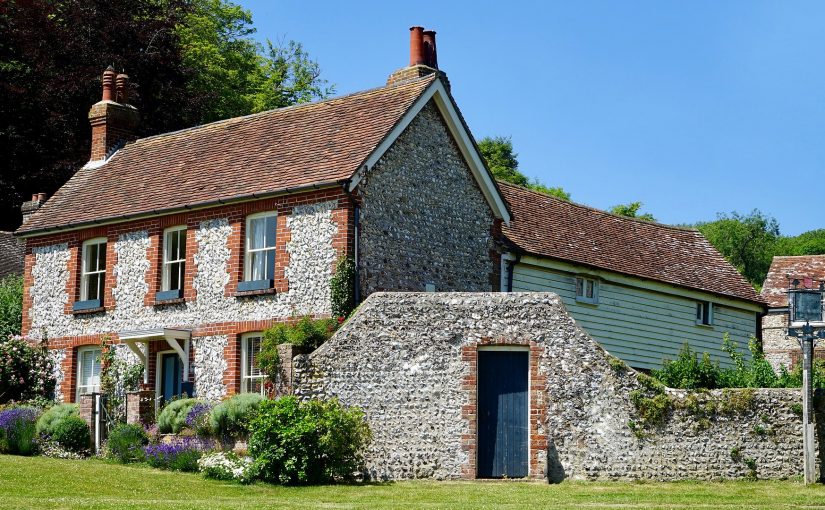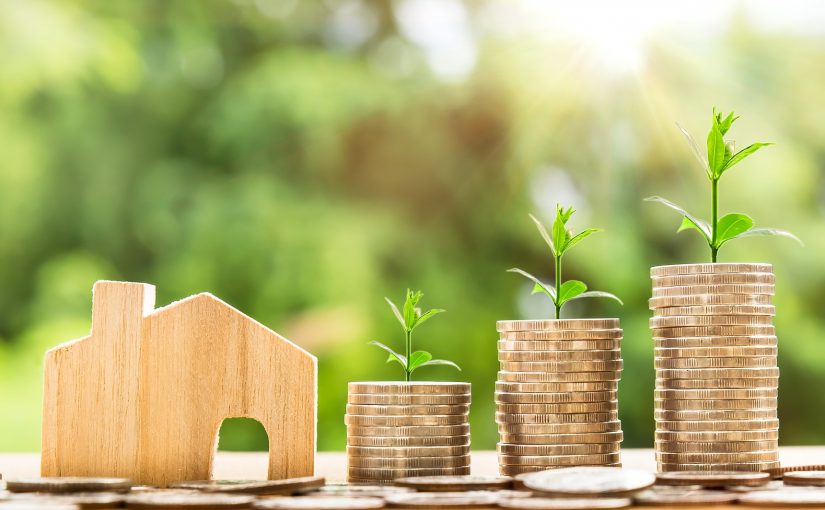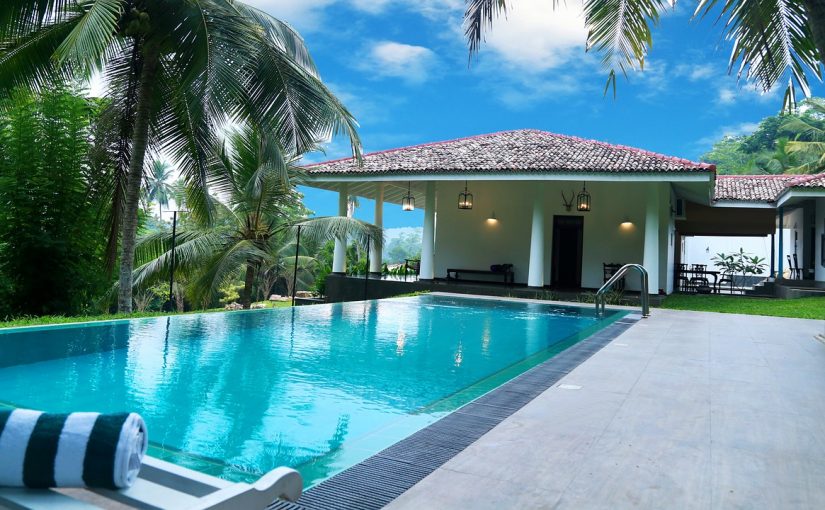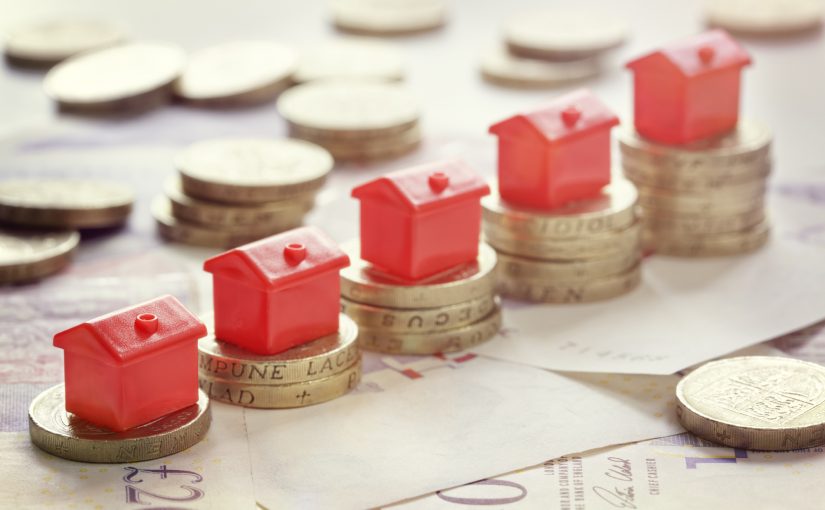Of course, nobody can predict the future and tell you exactly when is the best time of the year to buy real estate. But there are few indicators we can analyse from past years.
Naturally, prospective buyers would see more properties for sale when the weather is nicer, and this leads to more deals during the summer months. In fact, the weather has a huge impact on the real estate market in countries all over the world.
That´s why statistically you would get better prices on real estate in the winter month as there is less demand.
But make no mistake, that´s just the statistic.
If you ask a real estate agent when is the best time of the year to buy real estate, he will tell you “NOW”. And it makes sense. If the perfect home comes up on the market, you will just go for it, right? Nobody will wait till the winter month to try to get a better deal. And that shows another thing that should be considered.
The “Where” and “What” in the real estate you like to buy.
If the “Where” is in a popular location with high demand or the “What” is a house where usually only apartments are available… then there is no time to waste to ask for the “When”.
Make sure you have your financing in order. Like this you can tell the seller that you are ready to go. Some homeowners would give a small discount for a quick sale.
This of course might be a different story if you are an investor and you don´t look for something specific. You may simply look for good real estate deals, then yes, probably the winter months will be a good time to look.
Why not have a look today on www.all-real-estate.com









